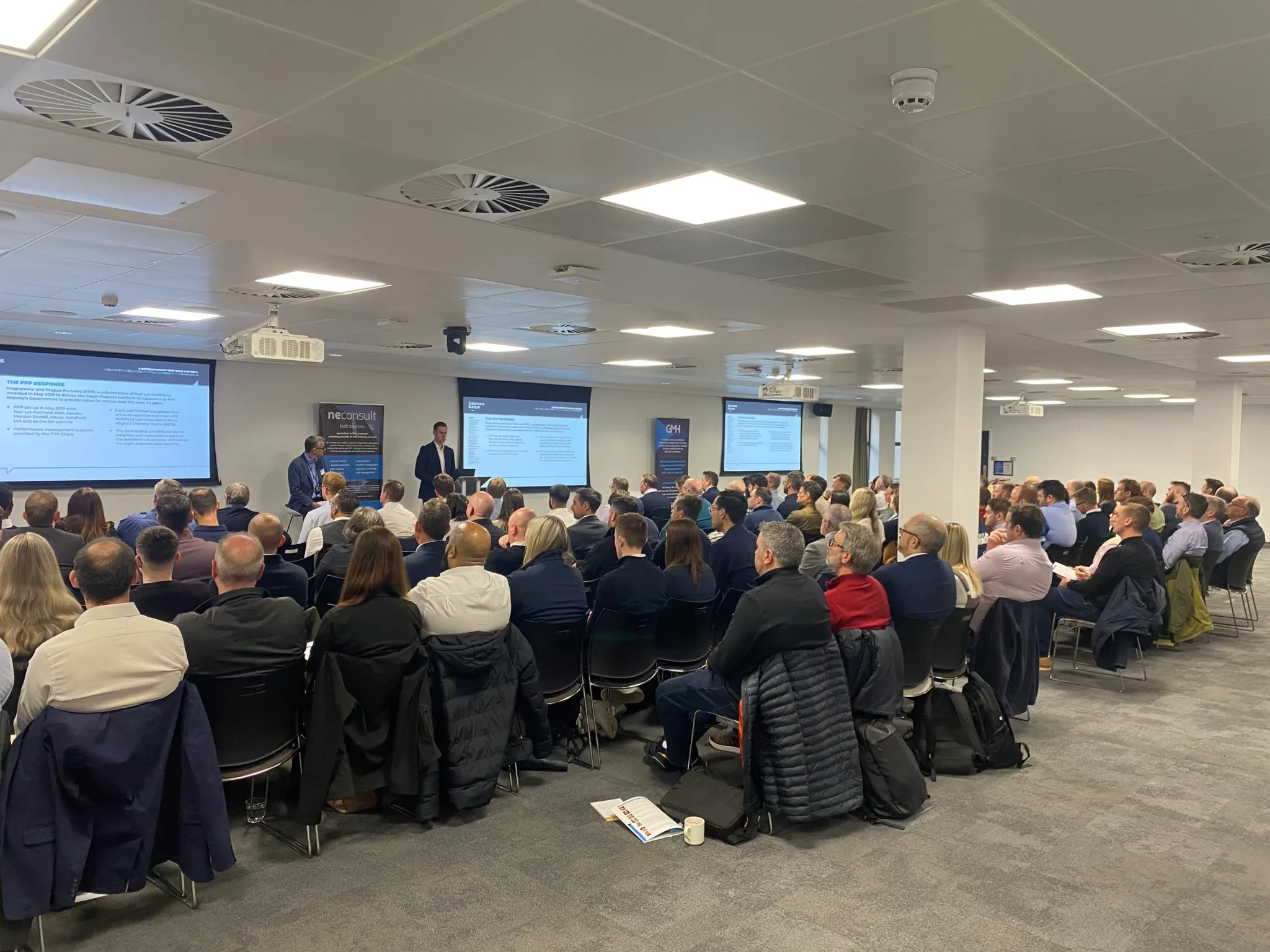Take the Downtown Line MRT Stages 2 and 3. Both encountered unforeseen ground conditions, complex multi-contractor coordination, and contractual disputes that led to costly delays. The Marina Coastal Expressway’s tunnel works pushed budgets and timelines under intense engineering complexity. More recently, the ambitious Punggol Digital District – integrating advanced technology and numerous stakeholders – has tested the limits of traditional contract models in managing evolving risks.
These cases underscored a truth that rigid contract terms and adversarial mindsets can slow progress, even in a system built for efficiency. The conclusion for government agencies was clear – Singapore needed a fresh approach, one fostering transparency, early problem-solving, and shared responsibility.
Their answer? NEC4, a contract framework designed to replace conflict with collaboration and make teamwork the foundation of project success.
Public vs Private Project Delivery: Two Different Realities
In Singapore, public infrastructure projects carry demands distinct from private developments like malls or residential towers. Public works must manage complexity, coordinate multiple stakeholders, navigate stringent regulations and uphold high levels of public accountability. Timelines are tight and transparency is non-negotiable.
This is where NEC4 excels. Its collaborative ethos built on early warnings, open communication, and shared risk management enables public agencies and contractors to tackle challenges together, avoiding costly disputes. Nick Ives Comments:
“Public infrastructure demands a different level of trust and transparency. NEC4’s framework helps government agencies and contractors navigate complexity together – not as adversaries, but as partners focused on delivering public value.”
In countries such as Singapore, change rarely happens by chance. When the government shifts direction, it moves decisively. And right now, that shift is reshaping how the nation builds its future.
NEC4 is not just a legal document, it’s a new way of thinking and Singapore is signalling, clearly that projects succeed when people work as partners, not opponents.
From Bold Announcement to On-the-Ground Action
In April 2024, at the BuildSG Leadership Summit, the Building and Construction Authority (BCA) announced NEC4 ECC as the official contract for public sector projects. The message being it’s time to move beyond the blame-and-delay cycle and embrace collaboration and transparency.
Rather than adopting NEC4 wholesale, Singapore worked closely with the NEC to adapt the contract to local laws, priorities, and values creating bespoke clauses such as the Y(SG) clause tailored to the city-state’s unique environment.
“More collaboration, fewer disputes – that’s the vision. NEC4 empowers teams to flag issues early and solve them together.” Said Kelvin Wong, CEO, BCA upon the launch.
By 2025, these adaptations have gone further, embedding sustainability requirements, fair wages, and other public policy priorities reflecting a uniquely Singaporean approach to modern infrastructure challenges.
Since that endorsement, agencies such as Housing & Development Board (HDB), JT Corporation (JTC), and Land Transport Authority (LTA) have piloted NEC4 on more than 20 projects – not tentatively, but as part of a deliberate push to embed collaboration at every level.
Complementary initiatives are reinforcing this collaborative shift. The Ministry of Manpower’s Mandatory Mediation Clause (MMC) requires parties to engage in mediation before disputes escalate, while a Conflict Avoidance Policy adopted across agencies proactively addresses issues before they develop into formal claims. Together, these measures strengthen NEC4’s ethos of early warning, open communication, and joint problem-solving.
“These pioneers are not just changing contracts, they’re changing mindsets. Walking away from old habits requires real conviction. What we’re seeing now is a new posture emerging.” Nick goes onto say.
Building the People Behind the Process
Singapore’s NEC4 journey is not only about changing contracts, it’s about equipping people to make them work. This month, the government launches the official NEC Training & Accreditation Program to ensure the principles of collaboration are understood and applied daily.
Partnering with the BCA Academy, Singapore Academy of Law, SUSS, SCAL, and ACES, the program offers tailored courses for engineers, project managers, lawyers, and contract administrators. Training focuses on practical skills: spotting early warnings, managing risk jointly, communicating openly, and resolving disputes collaboratively.
Contracts don’t deliver projects – people do. NEC requires everyone to apply its principles in daily practice. The training bridges the gap between contract and collaboration.
This investment in people creates a shared language and mindset across the industry, breaking down silos and building trust between stakeholders. Early feedback shows participants gaining confidence in managing contracts and fostering productive dialogue essential to making NEC4’s collaborative promise a reality.
Singapore’s adoption of NEC4 is more than a contractual change. It’s a strategic shift in how the nation conceives, delivers, and manages public infrastructure – one that places partnership, transparency, and joint problem-solving at the heart of delivery. If the early momentum continues, Singapore could set a benchmark for infrastructure delivery in Asia and perhaps beyond.




